LGBTQ+ students at Omaha Catholic schools
Lesbian, gay, bisexual, transgender, and queer students at six Catholic high schools across Omaha share their stories
As their last year of high school draws to a close, students at Skutt Catholic taking the compulsory Senior Studies class must complete a final project on a social issue of their choosing. Work on the project takes place over the course of their final semester and students who fail the class are not permitted to graduate. “My issue was a little bit of an unusual topic for Skutt,” said Percy Stefan, who graduated in the spring of 2022. “I chose to talk about discrimination against LGBT youth at Catholic schools.”
As part of his project, Stefan conducted a survey of 26 LGBTQ+ students at Skutt about their experiences at the school. Seventy percent of respondents said that they had experienced discrimination at Skutt Catholic. Over half of respondents said they had considered skipping school because of the discrimination they faced. Fifty percent of students said they had seriously considered suicide because of discrimination they faced at Skutt Catholic and 26% of respondents reported attempting suicide because of the severity of the discrimination they experienced at the school.
The results of this survey represent some of the only quantitative data collected about the experiences of LGBTQ+ students at an Omaha Catholic high school, a demographic which has become increasingly visible since the Archdiocese of Omaha unveiled its new policy on transgender students.
The policy, which applies to students at the 70 archdiocesan schools across the Omaha metro area, prohibits Catholic school students from acting in any way which the Archdiocese deems to be inconsistent with their sex assigned at birth. Among other guidelines, the policy requires the use of the name students were assigned at birth or an approved nickname and pronouns consistent with the sex they were assigned at birth. The policy states that students who express views on gender and sexuality at school, in public, or on social media that contradict those of the Catholic Church may be expelled from their schools. The policy also applies to Catholic school parents, guardians, teachers and volunteers.
The policy was intended to go into effect on Jan. 1, 2023, but its implementation was delayed until the beginning of the 2023-2024 school year after backlash following its announcement. In a letter to parishioners, Archbishop George Lucas said, “We will use feedback to draft revised norms that will be more clearly focused and will not compromise the teachings of Jesus Christ and the Church.” Three independent religious order schools, Creighton Preparatory School, Marian High School, and Duchesne Academy, have thus far declined to implement the policy.
Amidst the renewed visibility brought to LGBTQ+ students at Catholic schools by the controversy around the policy, the Register reached out to LGBTQ+ students at six Catholic high schools across Omaha: Skutt Catholic High School, Gross Catholic High School, Roncalli Catholic High School, Creighton Preparatory School, Marian High School, and Duchesne Academy, inviting them to share their experiences.
LGBTQ+ students who spoke to the Register described the issues they face at their schools, including bullying, threats of violence, ignorance, and failures of administration to protect them from mistreatment.
All students currently attending Catholic schools will remain anonymous out of consideration for their safety and privacy.
The Archdiocese of Omaha did not respond to multiple requests for comment regarding LGBTQ+ students at Skutt, Gross, and Roncalli, the three Archdiocesan high schools.
LGBTQ+ students from Skutt Catholic described the school as an unsafe environment, one characterized by discrimination and mental and physical abuse by peers. “If you come out at Skutt, they’ll threaten to beat you, they’ll threaten to rape you, they’ll throw rocks at you,” said a student at Skutt. “There’s just a lot of bullying, slurs, physical harassment. I’ve never heard more slurs in my life before I went to Skutt.”
Students felt that bullying and threats against LGBTQ+ students were often handled improperly by school administration.“The Skutt administration is rather lacking in action,” said Stefan. “When it comes to sexual assault, bullying, suicide or even the school shooting threats that were made specifically against queer students and students of color, they don’t take things as seriously as they should.”
Rob Meyers, principal of Skutt Catholic, did not respond to multiple requests for comment.
In one such incident which occurred in November 2020 and was cited by multiple current and former Skutt students as an example of what they viewed as inadequate action from administration, a Skutt student posted a picture of themselves on social media wearing merchandise supporting then president Donald Trump while brandishing a firearm. In a caption on the photo, the student threatened a school shooting if any LGBT students at Skutt publicly expressed support for then Democratic presidential nominee Joe Biden.
Upon arriving at the school, the student’s backpack was searched for a weapon, with none being found. The students said that administrators at Skutt forced the student to delete the post, but did not suspend or expel the student as a result of the threat. Multiple openly LGBTQ+ students who spoke to the Register said that after the incident they continued to attend class with the student who issued the threat.
Students also said that administrators will assist parents attempting to change their child’s sexual orientation or gender identity. “The administration knows that queer kids exist, but the fact is they want to change queer kids instead of accepting them,” said a Skutt student. “They want to turn queer kids into straight kids. They tried to send me to conversion therapy. They will actively work actively work with parents who want to ‘fix’ their queer kids.”
Conversion therapy is a pseudoscientific practice of attempting to change a student’s gender identity, expression, or sexual orientation, which is recognized as ineffective and frequently causing psychological harm by the American Medical Association, American Psychiatric Association, and the American Academy of Child and Adolescent Psychology among other professional medical organizations.
Gabe, a former Skutt student who graduated from the school in 2022 and requested to be referred to only by his first name, spoke to the Register about his own experiences with mistreatment at the school. “Percy (Stefan) and I were the only students, to my knowledge, that were open about being transgender. A lot of the kids who weren’t accepting didn’t mind us, but then there were the extreme conservative students and their parents who would threaten other kids.”
Gabe said he experienced the administration’s inaction firsthand when he was abused by his peers. In one instance, he said administrators did nothing after he was assaulted by his classmates while on a school fundraiser walk around Lake Zorinsky. “I’m just chilling with my friends.” He said, “I was walking with them and I suddenly got hit in the back of the head. I turned around and was like who the [expletive] just threw that?”
The blow came from a group of Skutt students who began throwing rocks at him while yelling homophobic and transphobic slurs. “They were younger kids, so they’re still at Skutt. It continued throughout the entire walk. Only one of my friends stood up for me during that time and corrected them on my pronouns and name. After that, they only threw three more rocks and just kind of left.”
Afterwards, Gabe reported the incident to administration and provided them with pictures of the students and their names. A member of the Skutt faculty later admitted to him that the students had faced no punishment for their actions.
LGBTQ+ students at Gross Catholic also described a school environment where intolerance and discrimination had become the norm. “I know a lot of kids that are LGBTQ+ but 90% of them are not out,” said a Gross student. “There’s just a lot of prejudice in general. I know multiple people who have been called slurs because of their sexuality. That makes the environment a lot more hostile for anyone who isn’t heterosexual.”
Students who reported experiencing bullying, including the use of homophobic slurs, said that they were dismissed by administration. “I think that on some level, Gross admin and the Archdiocese as a whole is against bullying queer kids,” said another student at Gross. “But they’re also making homophobia and transphobia official school policy, so when students see that and decide to bully queer people at their schools, admin tends not to be super responsive, because at the end of the day they believe the same things about LGBT people as the bullies do.”
“I was considered one of the first openly trans kids [at Gross],” said a former Gross student. “Many of the teachers were very openly against it. One of my theology teachers almost called me the f-slur, but instead of saying it he spelled it out at me. Another theology teacher yelled the word ‘genitals’ at my face. There were a lot of backhanded, snide remarks from teachers too.”
The student said they transferred to Bellevue West after the Archdiocese’s policy was announced. Speaking on their experiences at public school so far, they said, “I don’t feel as othered. The teachers at Gross were allowed to discriminate against me and at West even if they feel that way about me, they can’t say anything about it. There are definitely a lot of rude kids at West just like there were a lot of rude kids at Gross, but there’s also really nice people at both schools. But, I feel like at West, there’s a higher tolerance because there’s just more openly LGBTQ people.”
They said that a gay, lesbian, or bisexual student at Gross could remain safe from mistreatment if they were only open about their sexuality with trusted friends, but that the school was inhospitable for transgender students. “If you’re an openly trans person like I am and you’re trying to be openly trans at Gross, your best case scenario is to just transfer. There is no level of acceptance that really meets the needs of trans kids that Gross provides.”
“There’s a lot of mistreatment,” said a Roncalli student about their experiences at their school, “Everyone just accepts it. There’s no outrage. I’ve been attacked, not physically but like verbally, in the middle of class, and all I could do was just take it, and the teachers and other kids didn’t do anything.”
The student, who identifies as transgender, said that backlash they received due to their gender expression while at school has worsened over time, “Last year I had a lot more freedom to do things. Like I could wear makeup, I could have bigger earrings, but this year I can’t. I think it’s going to be a lot worse next year when the policy does start, because there were no rules or guidelines before, teachers could just do whatever they wanted, but now even teachers who are allies have to go along with it.”
Speaking on the how teachers at the school had received the Archdiocesan policy, they said, “Some teachers are really upset about it. But it’s also emboldened some other teachers to be even meaner [to LGBTQ+ students]. It’s supporting a conservative culture that isn’t really Catholic at all, because at the end of the day would Jesus care if I wore a skirt? No. Jesus said, ‘Come as you are,’ and for them to be like ‘No, don’t come as you are,’ says a lot about them.”
LGBTQ+ students at Creighton Prep described the school as having a culture of fear and intolerance around LGBTQ+ students, despite efforts by administrators to improve their situation. “I would describe the social climate around queer students as a regime of low-level terror,” said a Creighton Prep student. “It’s pretty normal to hear people using slurs in day-to-day conversations and being very openly homophobic. People aren’t getting beat up in the halls or anything, but there’s a culture which normalizes homophobia to the point that where it’s hard for us to always feel safe at school.”
Students said that fear of bullying and isolation prevented them from being open about their identity. “If you come out at Prep, you’ll be completely isolated from the rest of the student body,” said another Prep student. “But, because so few of us are out, it’s hard to say how much physical danger we‘re actually in.”
Speaking about the Creighton Prep administration’s actions with respect to LGBTQ+ students, another student said, “They started clubs like Prep Accepts, where they try to reverse that culture and turn it around and introduce more acceptance. I don’t know if it’s particularly effective, but I guess it’s an outlet for people who really don’t have one.” The student said that homophobia was not promoted in any way by administrators or the Prep curriculum. “The administration is great about stomping out bigotry wherever they can, but it’s just so pervasive that they can only do so much.”
A spokesperson for Creighton Prep declined to comment for this story.
“It’s a really awful school to be at if you’re like me, and your parents would never accept you if you came out and won’t let you transfer,” said another Prep student. “I think that everyone needs people in their life who just accept you for who you are, and a lot of queer students aren’t getting that at home, and they aren’t getting that [at Prep], and that’s really damaging just to your sense of worth as a person.”
LGBTQ+ students at Marian said that they were rarely subject to discrimination or mistreatment by peers, but that ignorance around LGBTQ+ students remained an issue. “I think that, at Marian specifically, there’s not a lot of direct mistreatment, but a lot of people at Marian just aren’t educated on issues regarding LGBTQ+ youth, so I think there is some accidental mistreatment,” said a Marian student. “It’s coming more from ignorance than hate. It’s a problem that needs to be addressed more by Marian.”
The student, who uses they/them pronouns, said that many students lack an understanding of gender-neutral pronouns. “I’ve gotten comments from people not understanding they/them pronouns, and there’s many comments I’ve experienced or witnessed of people who refuse to use people’s pronouns because we go to Marian. I think they’re just really uneducated on the topic.”
Students named the lack of dialogue about LGBTQ+ students at the school as one of the sources of the issue. “Most people at Marian are really accepting, students and staff too,” said another Marian student. “But it’s not really talked about all that much because it is still a Catholic school. Some people within their friend groups are scared because they don’t know where their friends stand on the issue.”
“Most of the teachers are great in all honesty, especially for a Catholic school, Marian is very accepting,” the student continued. “It is becoming more common within classes for teachers to ask pronouns or preferred names, but it still isn’t as common as it should be.”
Susan Sullivan, principal of Marian High School, did not respond to requests for comment.
The student said Marian administration did not actively suppress LGBTQ+ students at the school, but were also unwilling to officially support LGBTQ+ students for fear of losing funding. “A lot of the reason that we can’t be more open about showing our support is funding. A lot of the reasons why we get money and can keep tuition semi-low is because of these people that are homophobic and they’re giving us money. I get really frustrated with it, but I still understand.”
Similarly, LGBTQ+ students at Duchesne Academy also said they suffered from a school culture which promotes ignorance around LGBTQ+ students. “The issue is you don’t know which students are supportive, and that’s something that a lot of the queer students in our school have to worry about,” said a Duchesne student. “As far as administration, there’s no recognition or support. Within the students as well, queerness is kind of ignored. It is recognized that some of us are queer in smaller groups, but in the student body as a whole it’s not acknowledged.”
Dr. Laura Hickman, principal of Duchesne Academy, declined to comment for this story.
Students described an after-school support group called Solidarity Club, similar to a Gay Straight Alliance, which they said is suppressed by administrators. “It’s the only club in the school that has to have a monitor at every meeting,” said another student. “[Duchesne Administration] actively tried to prevent us from meeting. Whenever I went to a meeting, there were tons of people who would show up and that’s not even including half the LGBTQ+ people at the school, because a lot of people aren’t out or are too afraid to go to the meeting.”
When meetings were allowed to take place, students said that the topics of discussion were often censored by the monitors present. At the first meeting of the current school year, Carrie Parkhurst, Duchesne’s Director of Justice, Equity, Diversity and Inclusion, forbid students from promoting “gender and sexuality ideologies.”
After hearing that Duchesne would not be implementing the Archdioceses’ policy, one Duchesne student said their relief was complicated by another feeling. “It felt like hypocrisy, because as much as the Archdiocese wants to talk about love and then turn around and hurt kids, at Duchesne it felt even more hypocritical. They talk so much about loving others and equal rights when they’re not doing anything to push that forward.”
The experience of being an LGBTQ+ student at a Catholic school is shared by many of the former Catholic school students who now attend Central High School. “[Being gay] was one of the main reasons I went to Central,” said senior Cecilia Zahm, who attended Saint Margaret Mary’s School from kindergarten to eighth grade. “My other option was Duchesne, which was kind of my dream school if it weren’t for the religious element. But I’m very happy with my choice to go to Central in being able to be myself. I think I would’ve felt very constrained at a Catholic high school.”
Speaking on her experiences at Catholic grade school, she said, “There wasn’t any bullying or anything like that, but just like a message of, ‘this is not okay’ coming from the teachers. And if it’s coming from other students at a public school you can brush that off. But when it’s actually being taught in your classes that it’s not okay to be trans, it’s not okay to be gay, I think it’s really despicable and I think it makes kids hate themselves. If you wanna talk about indoctrination, that’s indoctrination.”
Junior Giuliana Weber, who attended Saint Pius X/Saint Leo Catholic School from second grade to eighth grade, said that the anti-LGBTQ+ education at their school began in fifth grade. “In our religion class every year, the teacher would bring up how homosexuality was a sin. And sometimes we’d have priests come in and talk about the same idea. We were told that we should pray for them to not be gay so that they could get into heaven.”
Both students said that the anti-LGBTQ+ education is something that still affects them after leaving Catholic school. “It prohibited me from coming to terms with my true identity,” Weber said. “I didn’t even consider that being true about myself until after I left that school. I guess there are still moments where I feel like I’m not normal and I wish that I were.”
“I’ve been suicidal because I couldn’t get some of the things they taught me out of my head,” Zahm said. “It’s really hard to make the self-hatred go away. It’s had a tremendous effect on me and I wasn’t bullied, I wasn’t singled out so I can’t imagine what it’s like for people who have been, and that’s what this will lead to. If this policy goes into place they are directly killing children.”
Speaking on their reaction upon reading the policy, Weber said, “I thought about little kids like me, but who were a little bit braver. They’re going to have to live with that, and that’s going to make them feel horrible. It’s denying who they are.”
One feeling expressed by many students who spoke to the Register was that the lived experience of being an LGBTQ+ student at a Catholic school was not well understood by those who had never attended one.
“It is a lot of being looked over and a lot of being patted on the head,” said a Duchesne student. “It comes with a lot of shame, and a lot of internalized stuff that really hurts you and is really hard to go through. And people need to understand that religion can be a really horrible thing. If you find comfort in religion, that’s totally cool with me. But it’s using religion to excuse your hatred that is just not healthy.”
“It’s dangerous for us,” said Gabe, reflecting on his own experiences at Skutt. “Any support system helps a lot, especially for these students who are LGBT and depressed and not doing well. A lot of the LGBT students I know, their families aren’t supportive and are neglectful or abusive. And then they come to school and are neglected, verbally harassed, told that their sinning, told that they are not loved, and that will make everything worse. It is dangerous for queer students to go to Catholic schools. And it’s not our choice, it’s our parents’ choice.”
Although his own days of attending Catholic schools are behind him, Percy Stefan’s advocacy continues on. He is now part of Omaha Queer Kids at Catholic Schools, a group of current and former Catholic school students which aims to raise awareness about issues facing LGBTQ+ students in Omaha Catholic schools through social media. “Right now, we are just pushing for open dialogue,” he said. “We want the Catholic schools to recognize that queer people do exist and their actions do have negative consequences on kids’ mental health.”
With the Archdiocesan policy on transgender students slated to be enforced for the 2023-2024 school year, he said that the fight for recognition and acceptance of LGBTQ+ students at Catholic schools is only just beginning. “Nothing that Catholic schools will do to try to squash them and erase them is going to erase them. They’re going to be there no matter what.”
Your donation will support the student journalists of Omaha Central High School. Your contribution will allow us to purchase equipment and cover our annual website hosting costs.
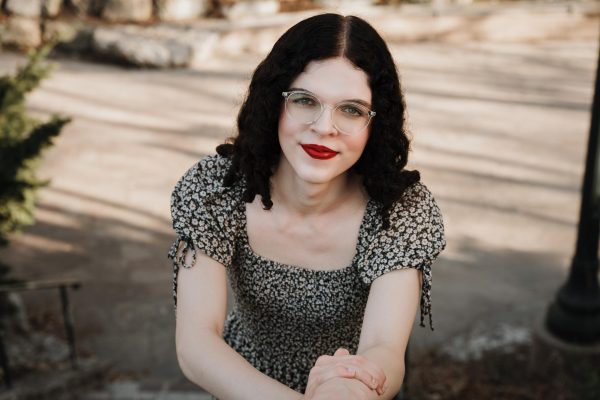
Hello Register readers! My name is Jane McGill, and this is my third and final year at The Register. I served as Executive Editor, editing The Register’s...

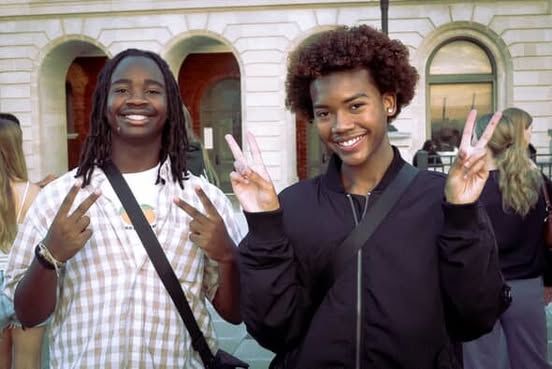
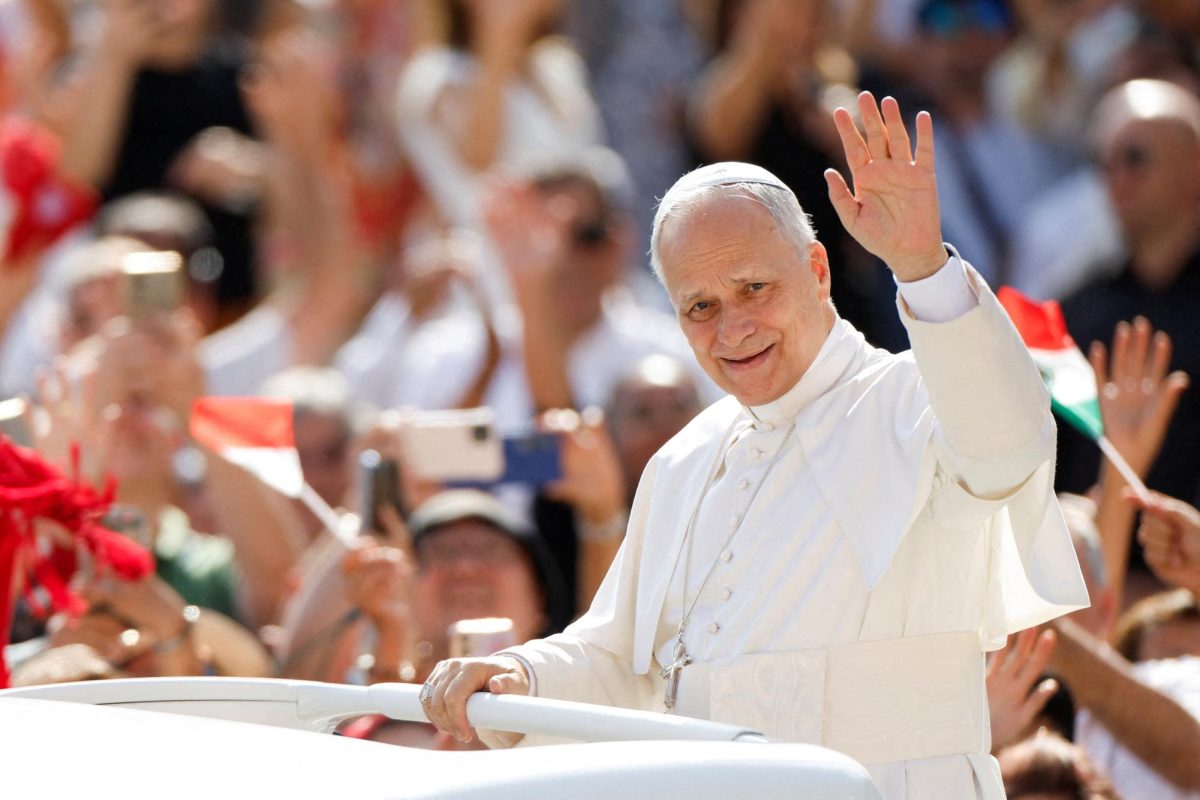
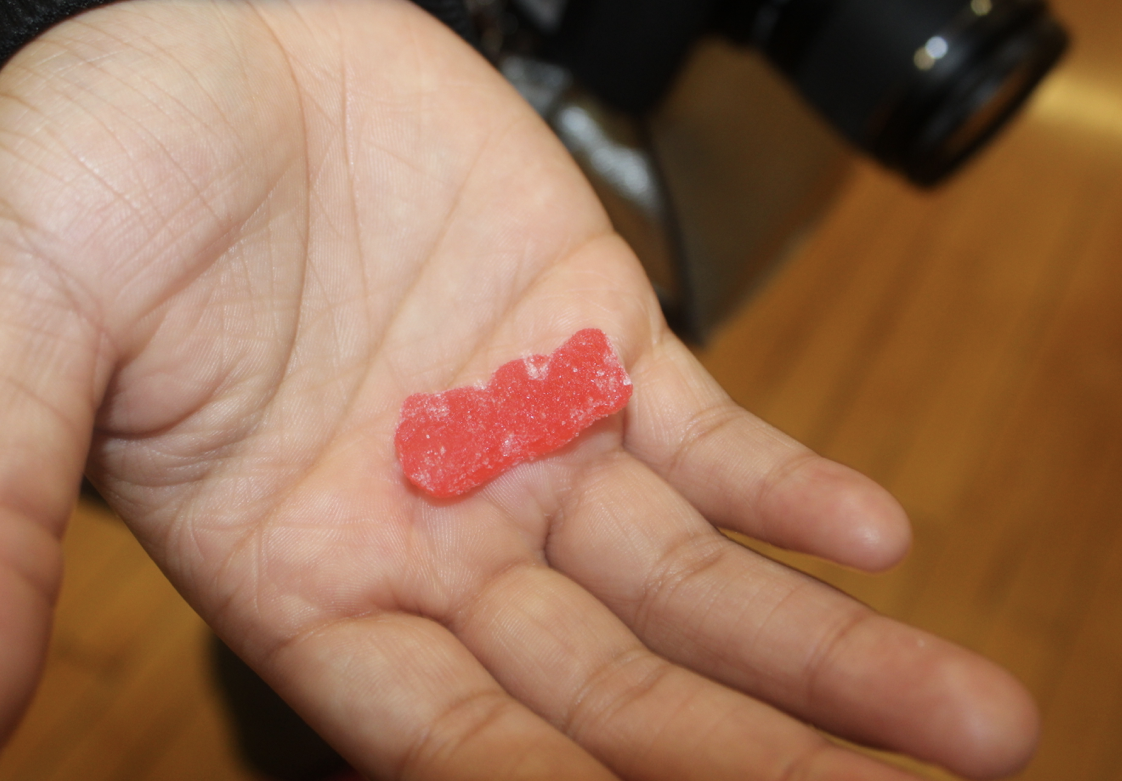
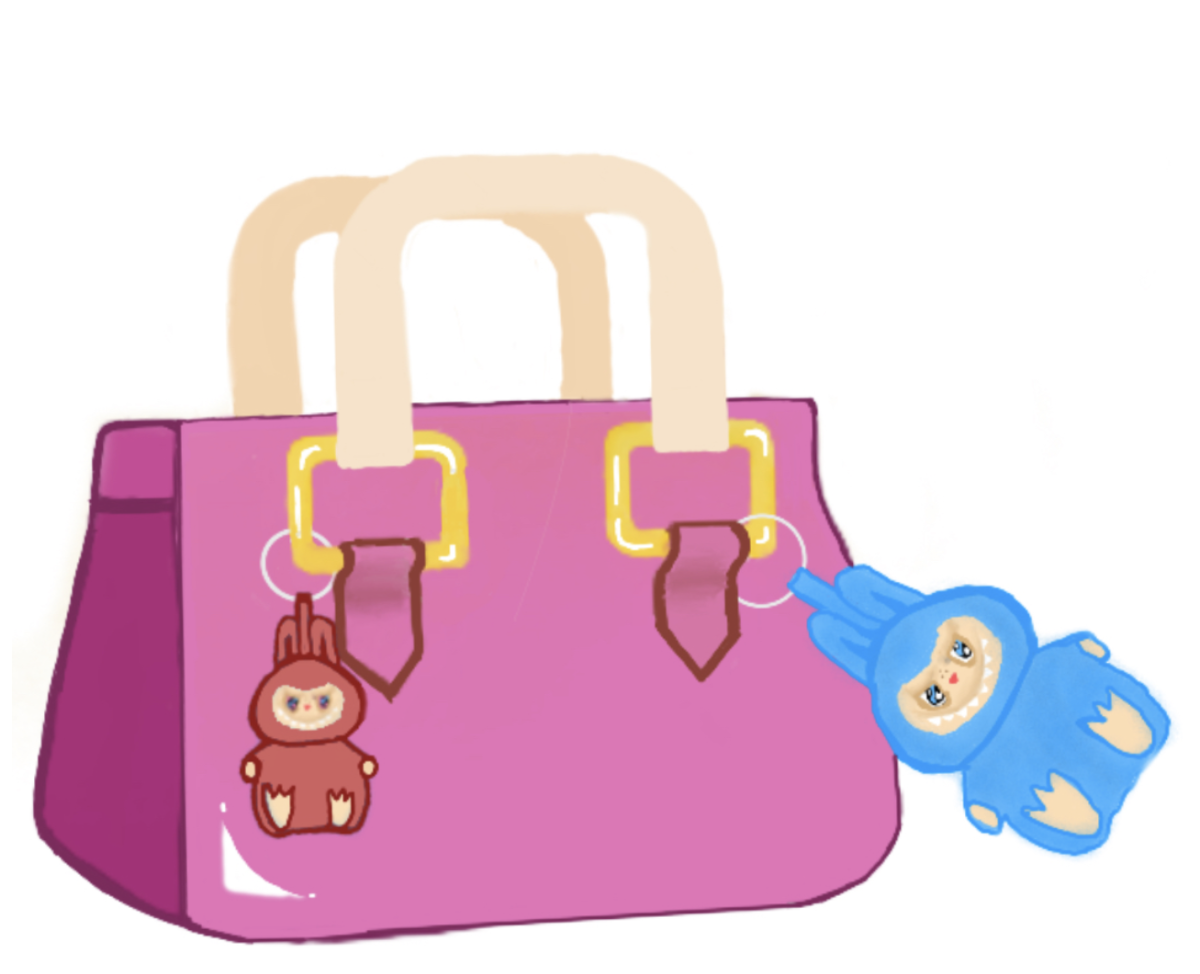
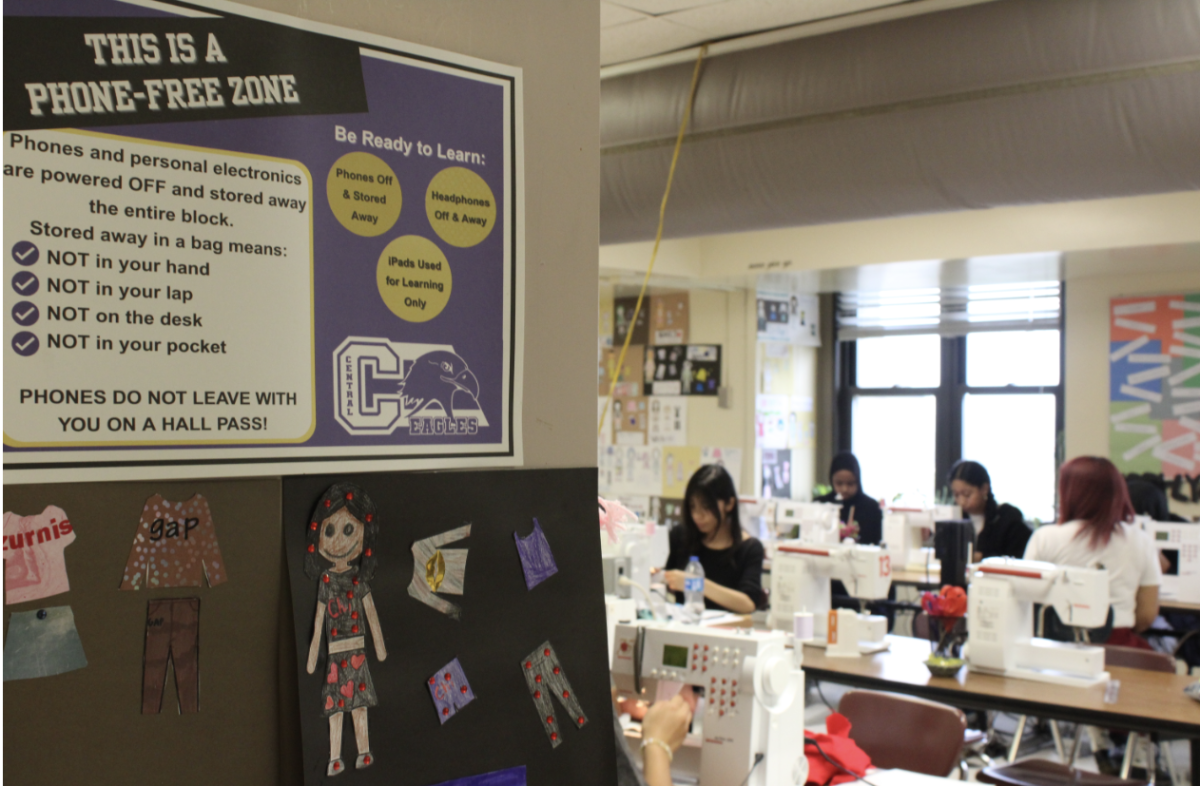
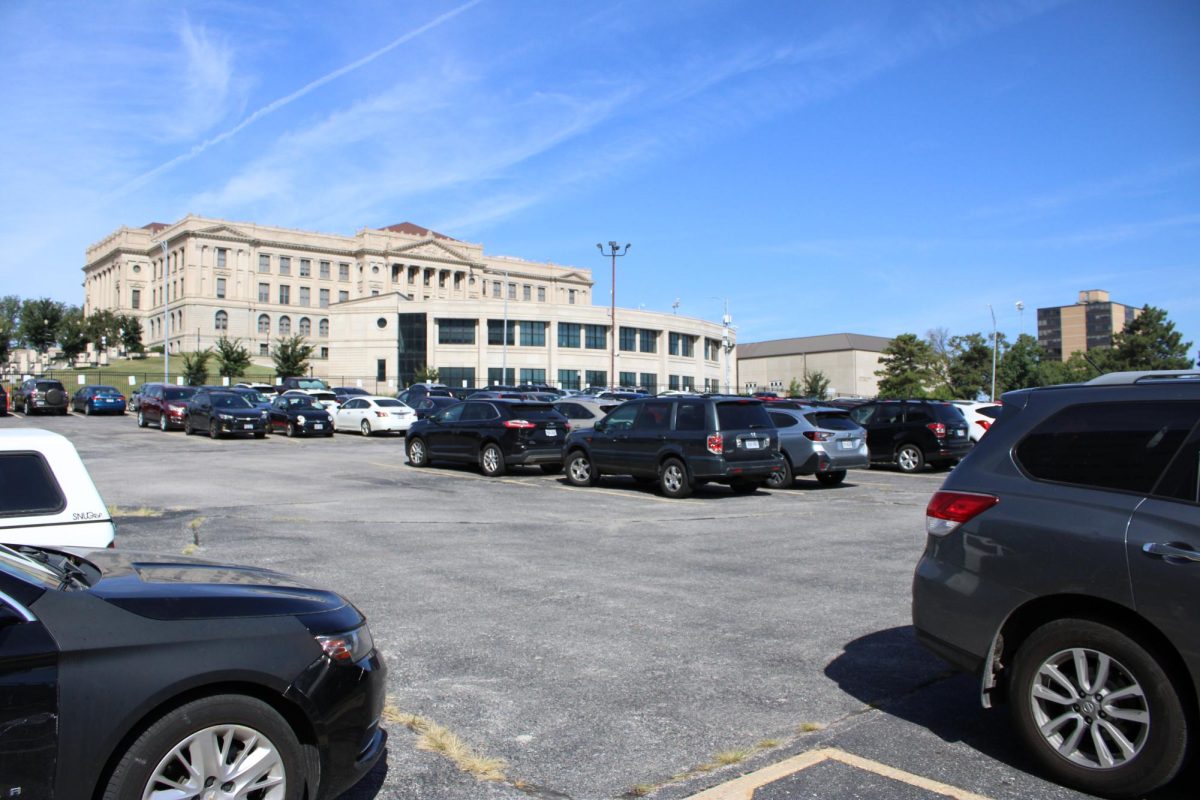
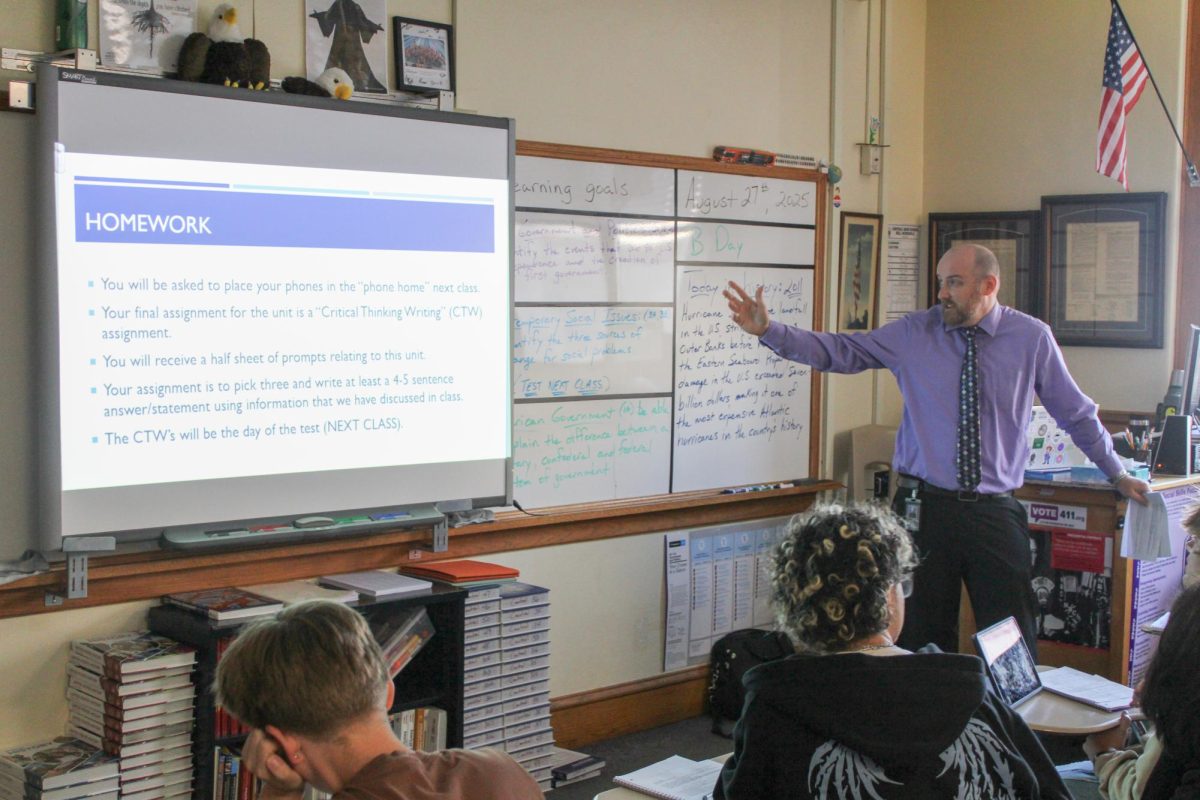

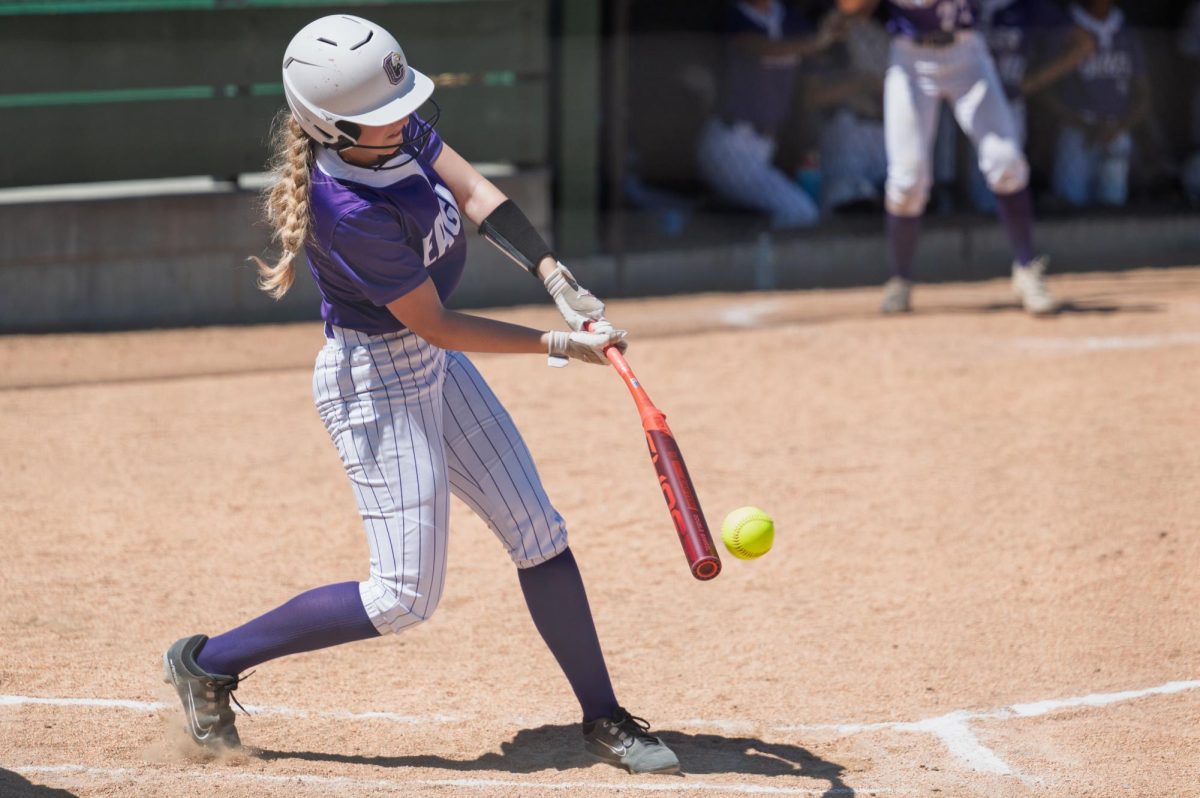
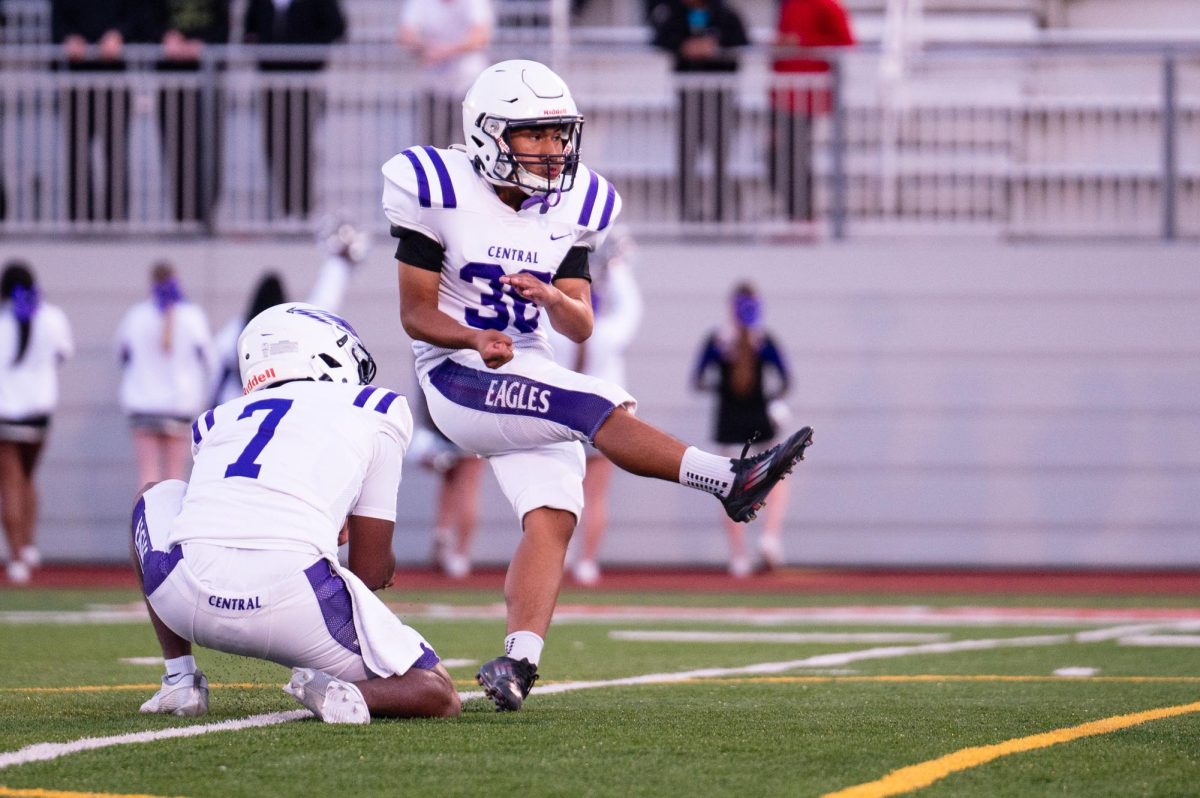









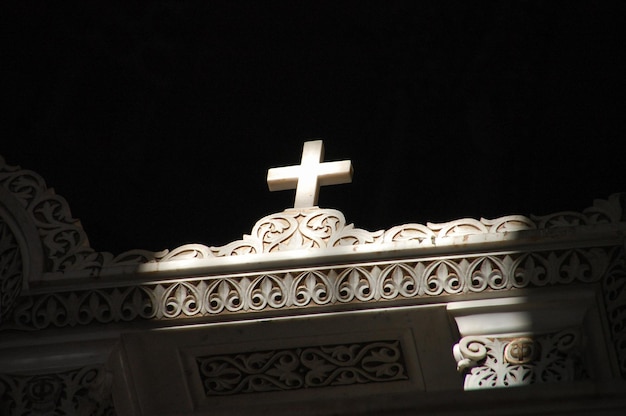
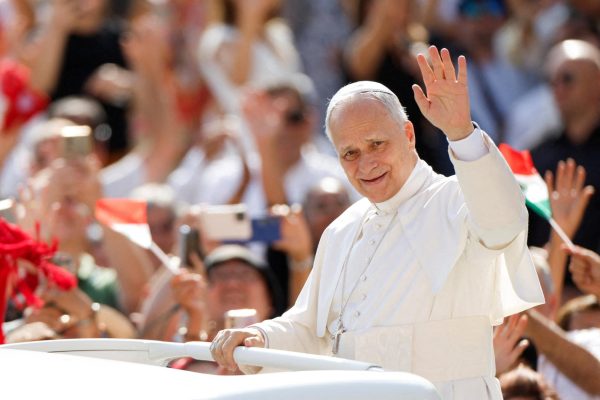
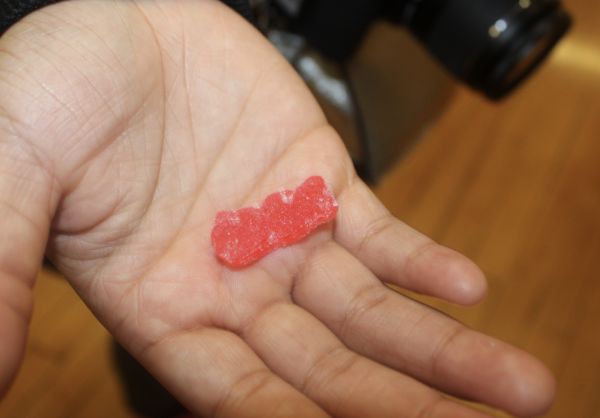
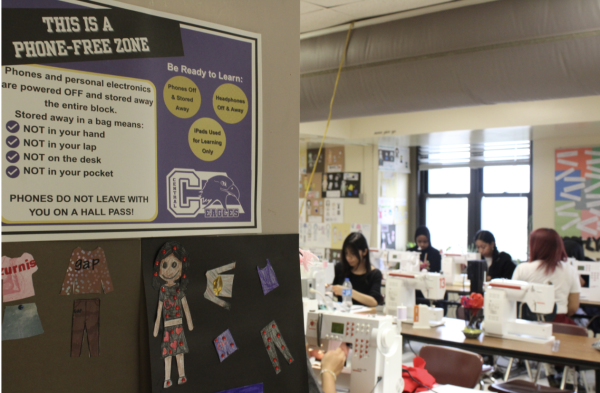
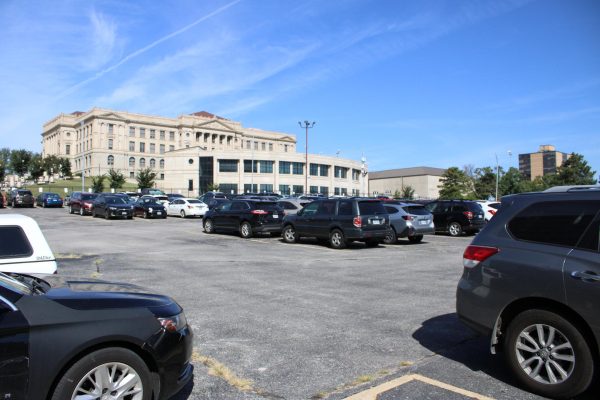
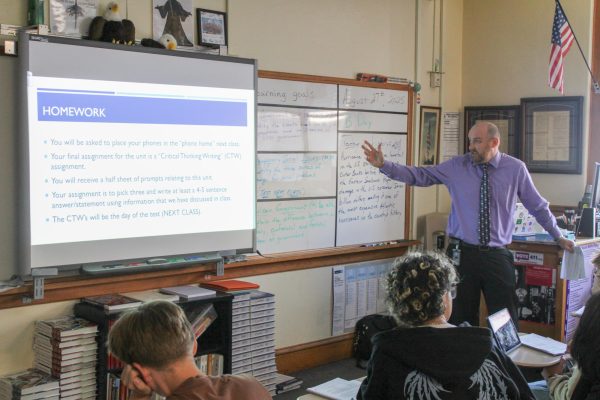
Frances Hoover • Dec 1, 2022 at 5:53 pm
my heart is broken right now. Thank you Jane for bringing to light the reality of what’s happening in omahas catholic schools, the abuse that is still happening today is disheartening. I will be sharing this article to my friends and family to help them realize the extent the severity of the prejudice and homophobia that is still alive.
Cecilia Zahm • Oct 13, 2022 at 3:08 pm
Another incredibly written article by Jane! Thanks you so much for sharing these stories.
Growing up queer can often feel very isolating, especially in Nebraska. Just reading the experiences shared here by other LGBT+ students has been very profound for me.
I hope that this article can bring attention to the sheer amount of queer students in Catholic Schools, and the harm that the Omaha Archdiocese’s proposed policy would mean for them. The fact is that LGBT+ people exist everywhere, and no policy can change that.